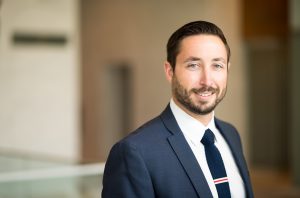WI-LAN INC. v. SHARP ELECTRONICS CORPORATION
Before Dyk, Taranto, and Stoll. Appeal from the United States District Court for the District of Delaware.
Summary: Source code evidence found to be inadmissible hearsay with no exception to save it.
Wi-LAN sued Sharp and Vizio in parallel litigations for patent infringement and the parties filed cross-motions for summary judgment. To establish infringement, Wi-LAN relied upon source code printouts obtained from third-party manufacturers, and supporting declarations from those manufacturers purporting to authenticate the source code. The district court granted Sharp and Vizio’s motion for summary judgment of noninfringement because it found that Wi-LAN’s evidence of infringement to be inadmissible. Wi-LAN appealed.
On appeal, Wi-LAN argued that its source code evidence should be admissible under Fed. R. Evid. 803(6) as a business record; under Fed. R. Evid. 901(b)(4); and under Fed. R. Evid. 703 as evidence relied on by an expert. The Federal Circuit rejected each of those arguments. The Federal Circuit held that the declarations submitted on summary judgment were not a proper proxy for trial testimony because the manufacturer-declarants needed to be available to testify at trial, which Wi-LAN admitted was unlikely. The Federal Circuit also agreed that the source code and declarations were not business records because they were not kept in the ordinary course of business. Instead, Wi-LAN filed lawsuits against the manufacturers and then dismissed them after the manufacturers created and provided Wi-LAN with the source code printout and declarations it sought. The evidence also lacked trustworthiness in view of inconsistencies in the data and Wi-LAN’s failure to obtain change logs explaining those inconsistencies, among other issues. The Federal Circuit rejected the application of Rule 901(b)(4) for lack of trustworthiness of the evidence. Finally, the Federal Circuit rejected Wi-LAN’s argument that the source code printout was admissible as evidence relied on by an expert, explaining that expert reliance does not translate to admissibility. Accordingly, the Federal Circuit affirmed.
Editor: Paul Stewart
